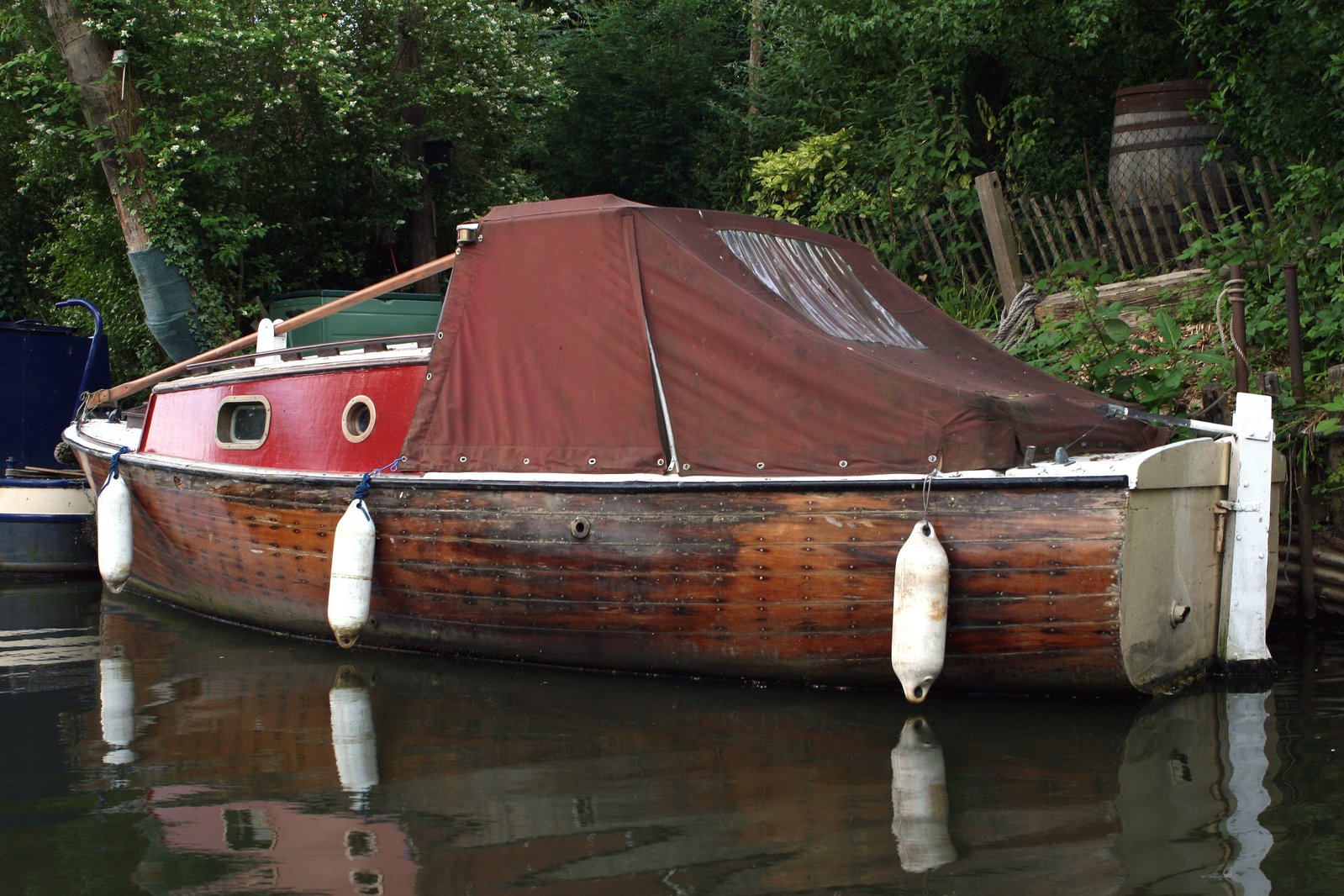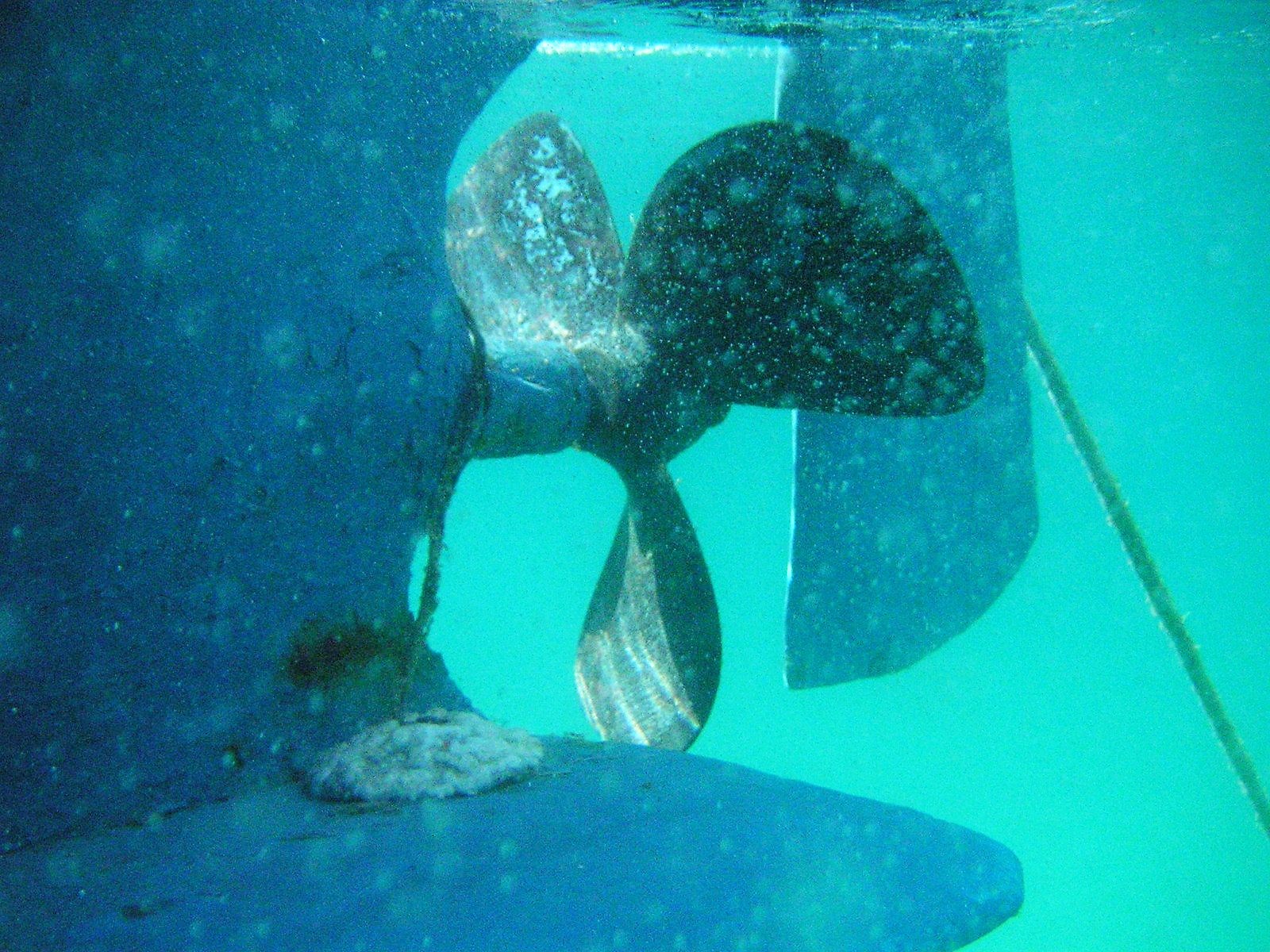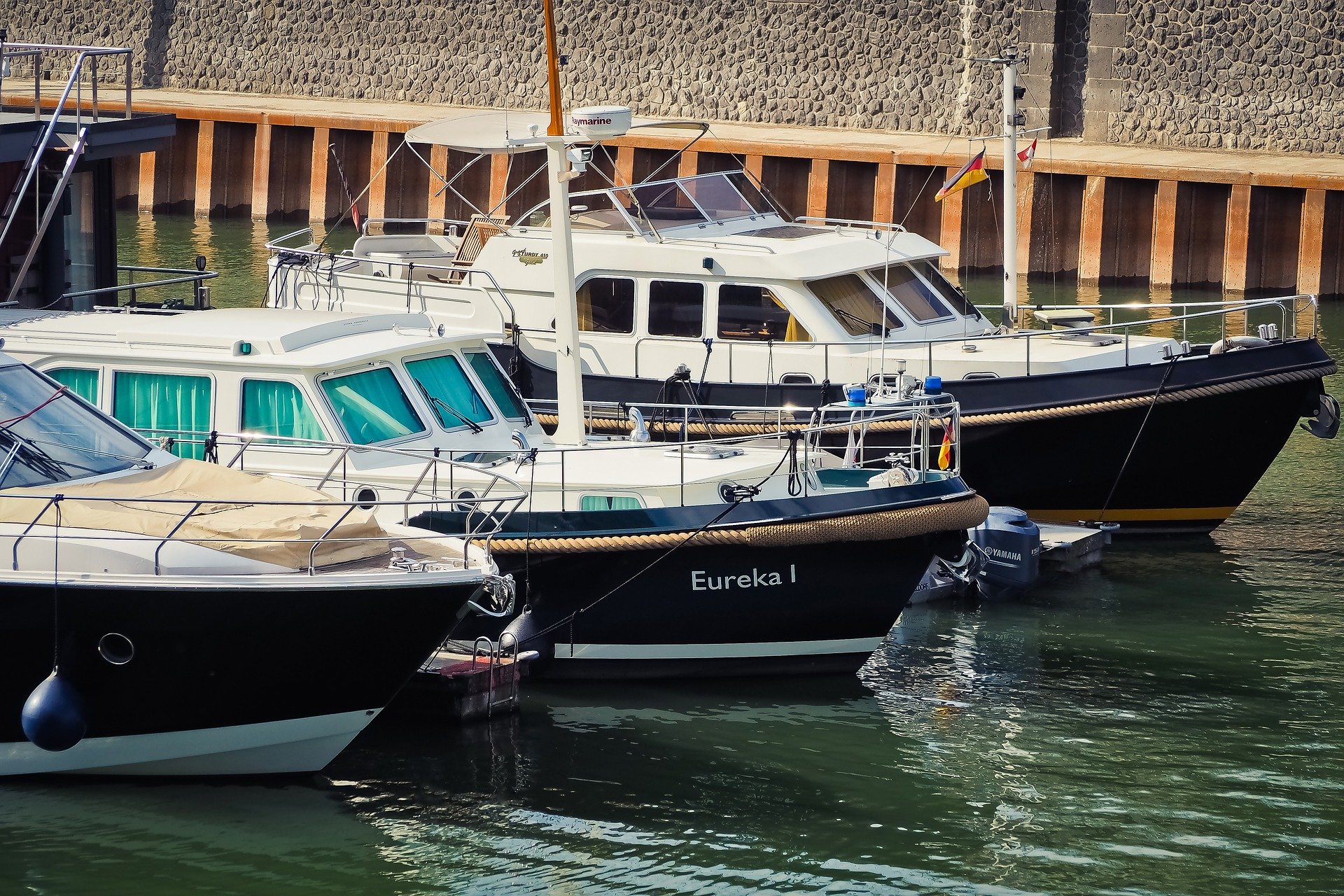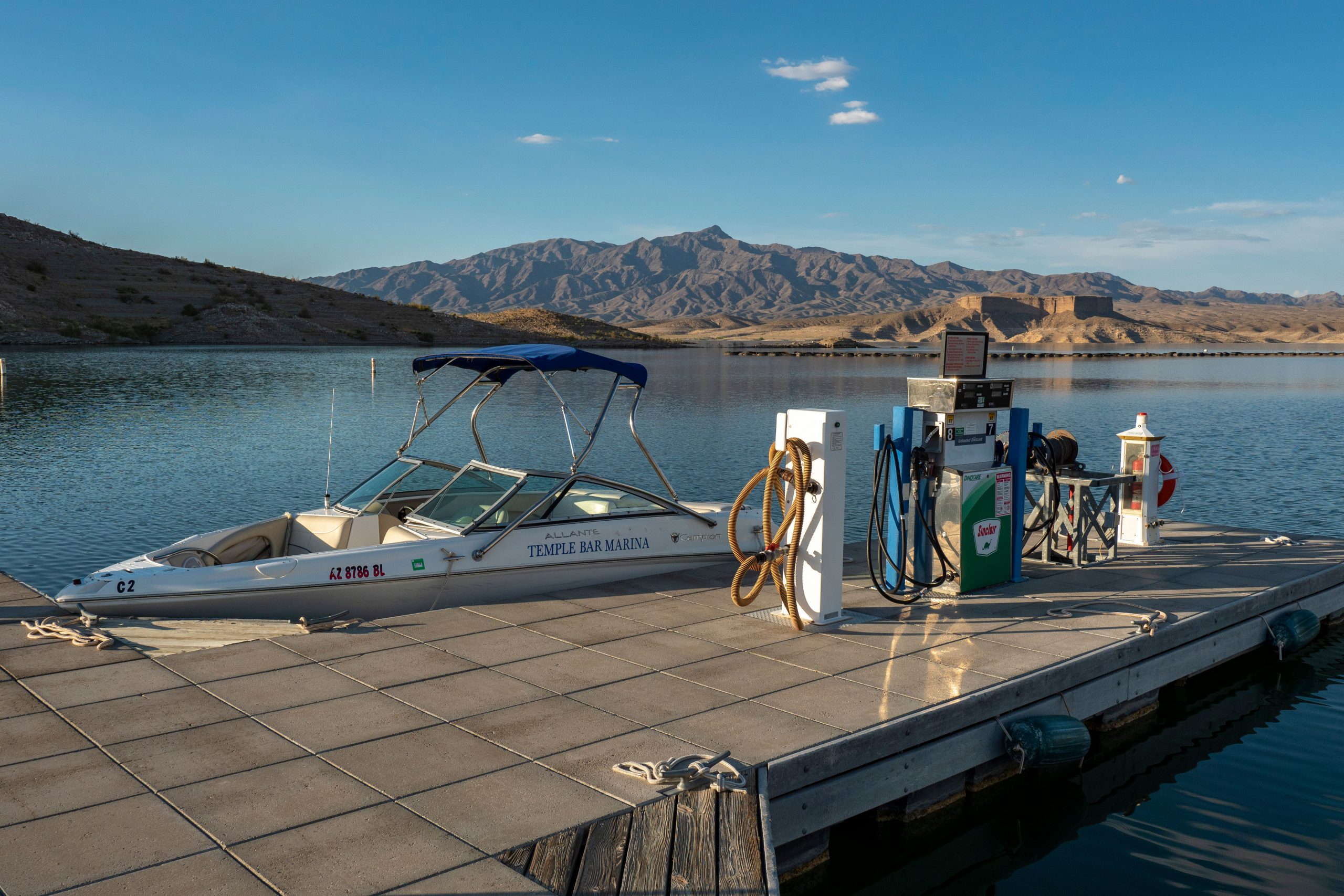
If you’ve been in the boating industry for some time, you might have seen videos online about anglers who use alternative fuels for their boats. These alternative fuels have different advantages that can give anglers great benefits and can also lessen pollution in our environment.
And today, we’ll discuss the top 3 types of alternative fuels for fishing boats. Which alternative fuel source is the best? Let’s find out!
WHAT ARE THE DIFFERENT TYPES OF ALTERNATIVE FUELS?
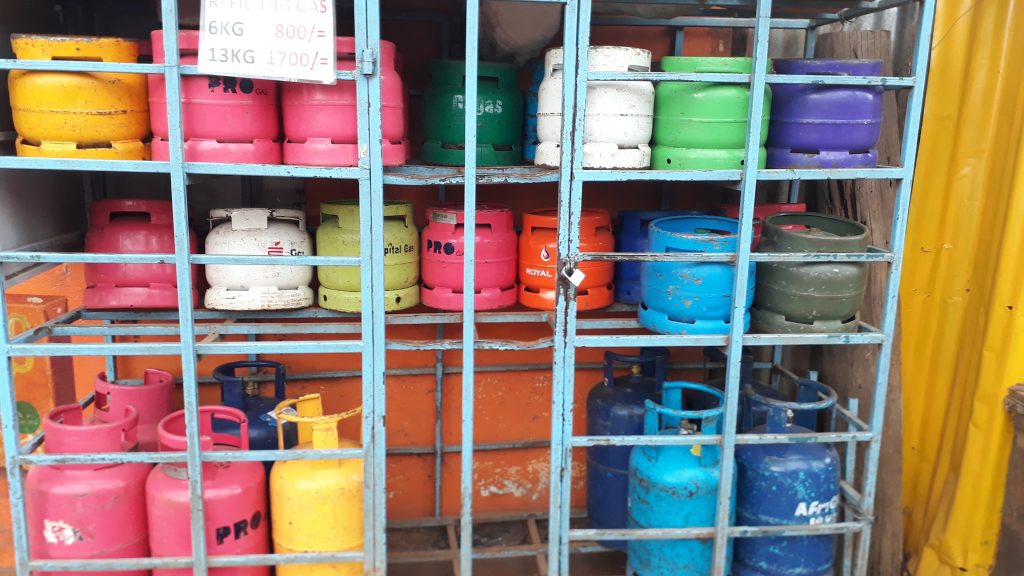
There are various types of alternative fuels that you can use in your boat. But boaters usually use these top three fuels:
Biodiesel
Biodiesel is usually a top choice when it comes to alternative boat fuel. Biodiesel is a non-toxic and clean-burning fuel that can reduce air emissions and decrease smoke, soot, and greenhouse gas emission. Generally, biodiesel is produced from seed oils like soybeans, sunflower, canola, etc.
Propane
Propane fuels or Liquefied Petroleum Gas (LPG) are known for their clean-burning qualities and high energy density at an affordable price. Using propane as an alternative fuel can increase energy security economically and can reduce air pollution.
Natural Gas
Natural gas or methane gas is usually extracted from the ground. They’re refined to purify the methane and to separate it from other elements such as moisture, butane, ethane, and hydrogen sulfide. Just like other alternative fuels mentioned above, Compressed Natural Gas (CNG) is remarkably clean to use.
WHAT ALTERNATIVE BOAT FUEL SOURCE IS THE BEST?
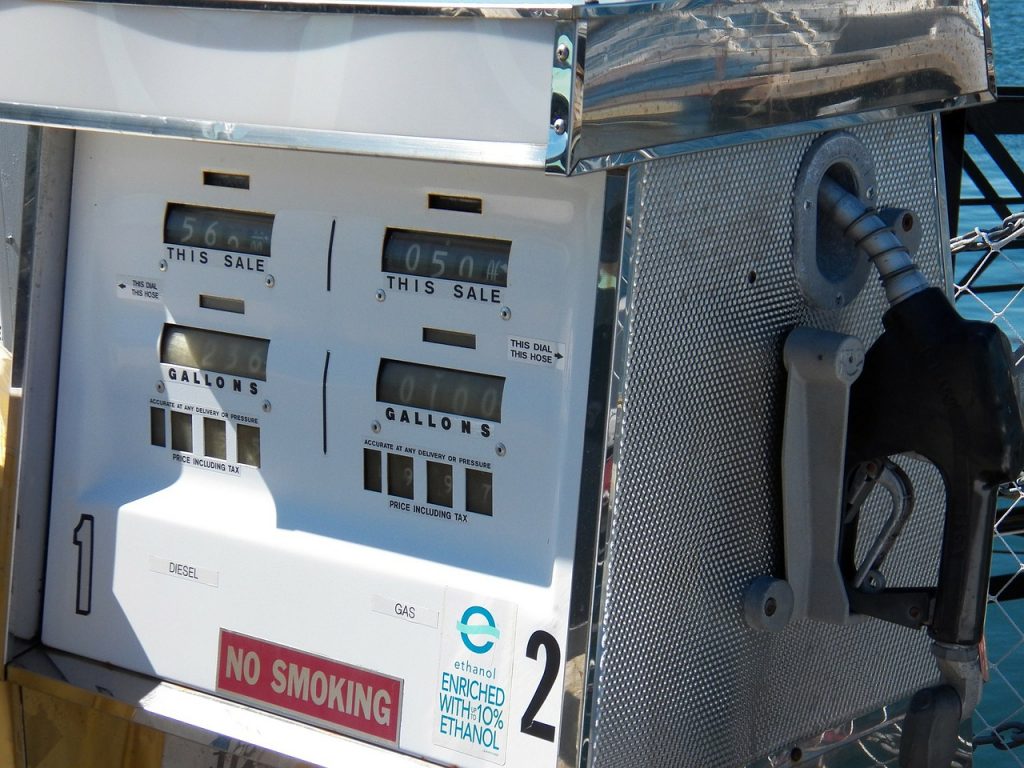
Alternative fuels have their own advantages but when it comes to reducing pollution, natural gas is cleaner to use. In fact, according to Blue Gas Marine, natural gas can reduce water and air pollution by 70%.
Natural gas is also a major source of energy and is abundant in the United States. The U.S. Energy Information Administration (EIA) has estimated that there are at least 6,800 trillion cubic feet of proved natural gas reserves that can last for years.
WHAT ARE THE ADVANTAGES AND DISADVANTAGES OF ALTERNATIVE FUELS?
| Alternative Fuel | Advantages | Disadvantages |
| Biodiesel | Renewable. Can extends engine lifespan. Non-toxic fuel. | Can affect the food supply. Quite expensive. Prone to Gelling. |
| Propane | Clean burning fuel. Portable. Better heating efficiency. | Expensive. Difficult to find a supplier. |
| Natural Gas | Doesn’t go bad in storage. Reduce air and water pollution. Can be easily transported. | Nonrenewable resource. Can be difficult to Harness. Emits Carbon Dioxide. Difficult to store. |
HOW MUCH DO ALTERNATIVE FUELS COST?
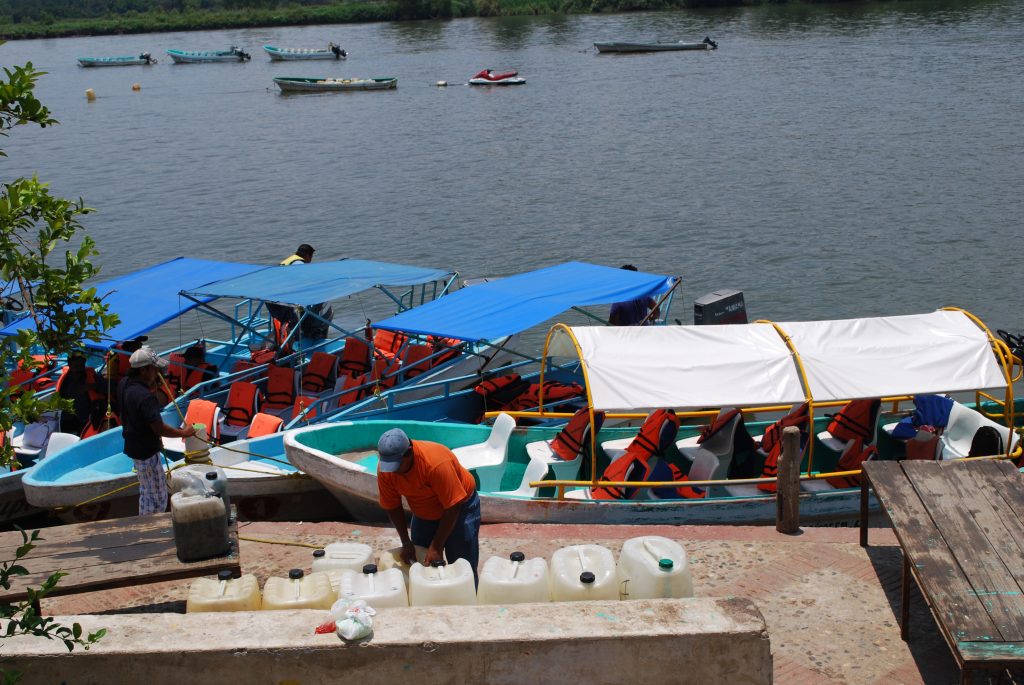
Biodiesel – Usually, it costs $5.53 to $6.38 per gallon. Compared to other fuels, biodiesel can be quite expensive (the price of raw materials makes biofuels more expensive when producing heat).
Propane – the price of propane can change throughout the year but it can cost around $2.00 to $2.75 per gallon but some companies may charge you $3.25 to $4.00 per gallon for propane refills.
Natural Gas – according to the U.S. energy information administration, as of May 2021 the price of natural gas is around $4.09 per thousand cubic feet.
WHY SHOULD YOU USE ALTERNATIVE FUELS FOR YOUR BOAT?
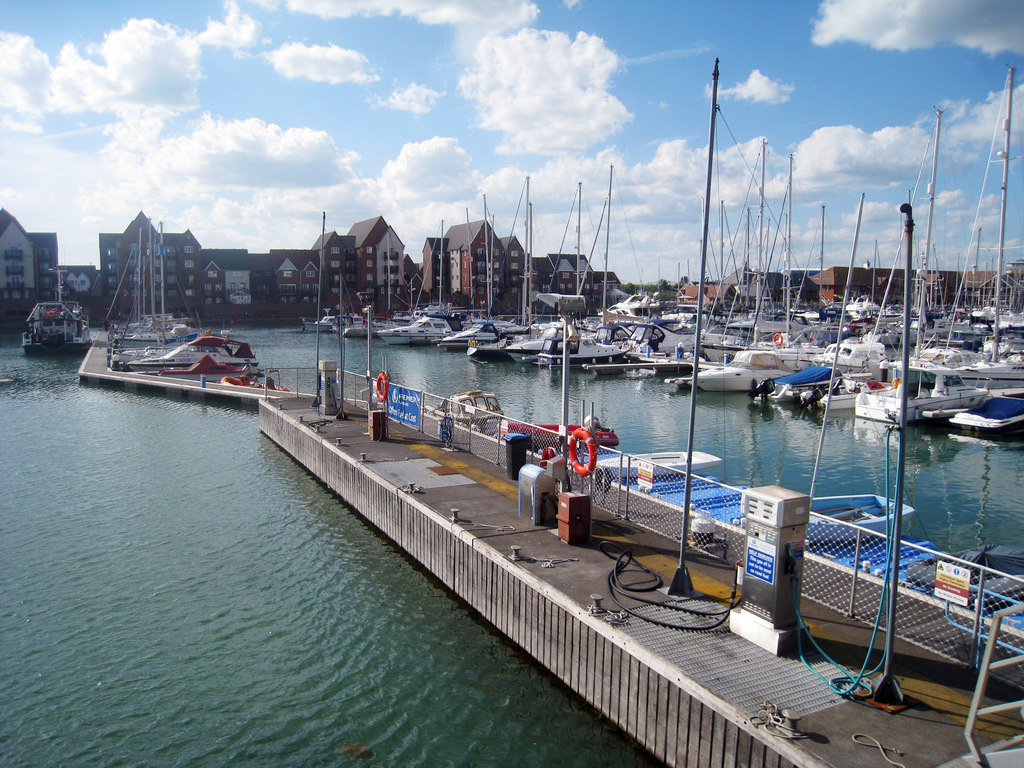
Using alternative fuels has a huge impact when it comes to our environment. Since most alternative fuels burn cleaner, it also helps reduce greenhouse gases.
On the other hand, alternative fuels like biodiesel have improved lubricity that’s less toxic to marine life. It also has a cleaning effect that can remove deposits from the fuel system of your boat (since biodiesel has scrubbing action due to higher concentration).
CONCLUSION
Final thought, though alternative fuels are more expensive compared to other fuels, it still has a great impact on your boat and the environment – which is a huge step for using clean energy and to lessen the Earth’s pollution.
Do you agree with our list? Share us your thoughts about alternative fuel and comment below.

